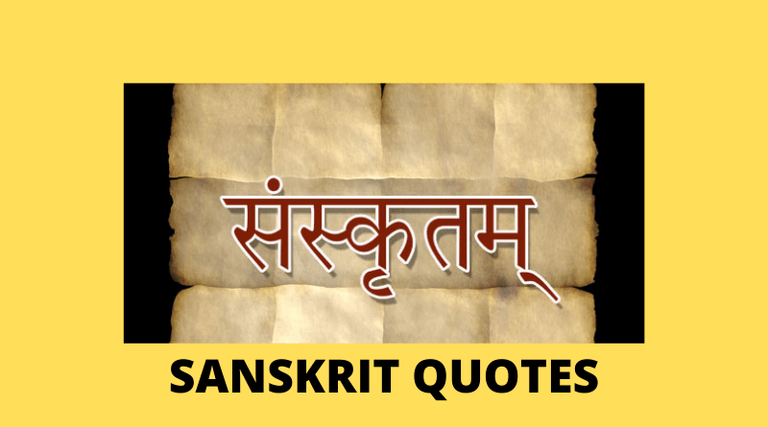India is widely known for its exceptional hospitality, deeply rooted in the Sanskrit phrase "Atithi Devo Bhava,"* which translates to "the guest is god,". Any guests at our door are always been respected and looked after as deity. The phrases helps a high meaning that Indians treat their visitors with the utmost respect and care, considering them equivalent to deities. This principle is deeply ingrained in Indian culture and is evident in everyday interactions with guests.
However, our Sanskrit does exclude few people from the good books to be honoured or respecting. It says :
अधीरः कर्कशः स्तब्धः कुचेलः स्वयमागतः|
एते पञ्च न पूज्यन्ते व्रहस्पति समा यदि||

Adhirah karkashah stabdhah kuchelah svayamaagatah.
Ete panch na poojyante vrahaspati samaa yadi.
Adheera = impatient, nervous. Karkasha = harsh, rude.
Stabdh = arrogant
Kuchail = shabbily clothed in dirty and tattered garments.
Swayamaagat = an intruder, one, who has come uninvited.
Ete = these.
Panch = five.
Na = not.
Poojyante = honoured, respected.
Vrahaspati = Head priest and teacher of Gods (considered to be epitome of Knowledge)
Samaa = equal to.
Yadi = even if, in case.
These five types of persons, namely impatient, rude, arrogant, shabbily dressed in dirty clothes, and an intruder, should never be honoured and respected even if they are like Brahaspati, the Guru of Gods.
Impatient, rude and arrogant people are generally not respected because their behavior disregards the feelings and needs of others, making them appear inconsiderate and disrespectful. Same applies to a person who wear dirty clothes and an intruder.
